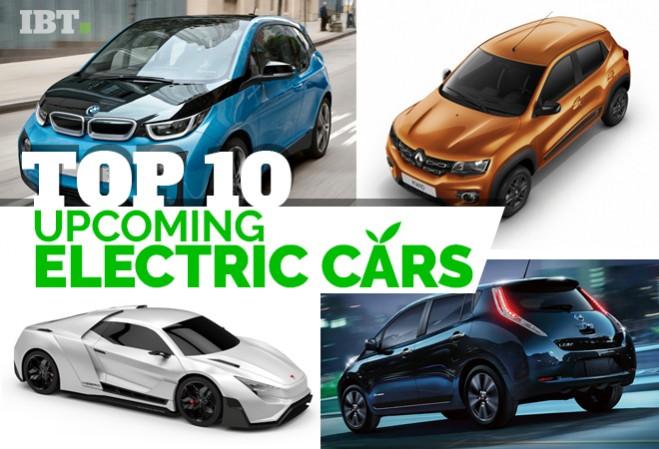
India has asserted its wish that it intends to go all-electric by the year 2030. The push has seen automakers returning to the drawing table. While some of the carmakers are watching to see how the idea of going all-electric will actually take off in a market like India, others have joined the race keen to plug in first. Whatever the case may be, it is sure that by 2019-20, we will have a handful of electric vehicles on the Indian roads if all works to the government's plans. Here we list the upcoming electric cars that could be the mode of travel by 2019 with others likely to join the queue.
Tata Tigor EV
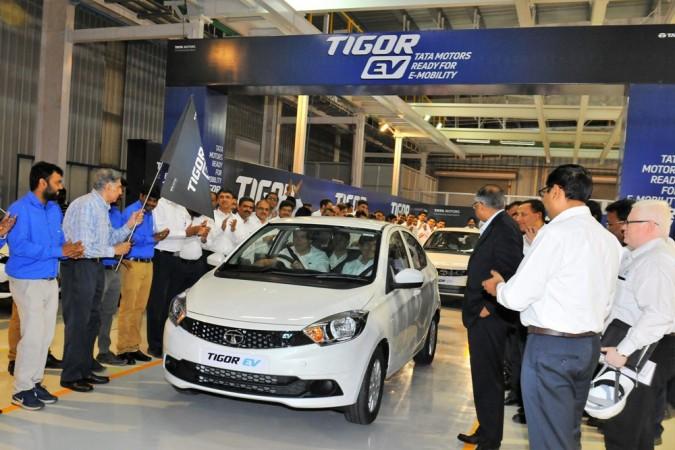
The electric version of the Tata Tigor compact sedan could be one of the first cars to hit the showrooms in near future. Tata has already delivered the first set of Tigor Electric Vehicles (EVs) to state-run Energy Efficiency Services Limited (EESL) to fulfill the bid and the model is expected to be showcased at the Auto Expo in February with a launch sometime this year.
The major change in the Tigor in its electric avatar is under the hood. The electric drive system has been developed and supplied by Electra EV — a company established to develop and supply electric drive systems for the automotive sector. The powertrain comes mated to a single-speed automatic transmission that will provide maximised efficiency and seamless acceleration, according to the company.
Also read: India's ambitious EV push: Are we ready? Challenges and roadblocks galore
Tata Tiago EV
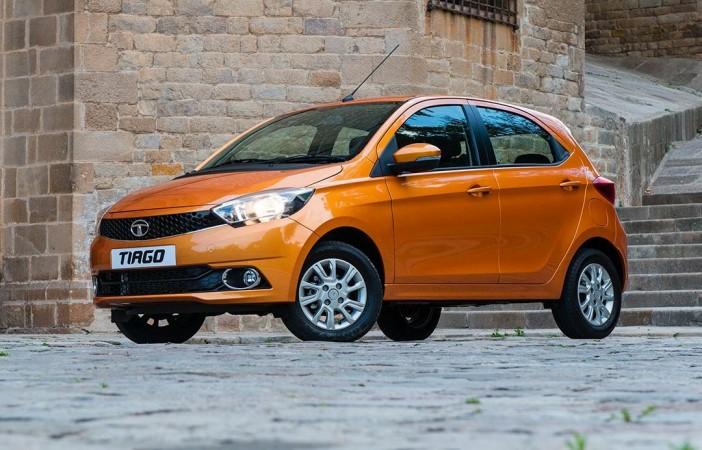
Tata Motors and its wholly-owned UK-based subsidiary Tata Motors European Technical Centre (TMETC) had unveiled the Tiago EV concept at LCV2017 in September. Tata Motors is expected to showcase the model at the Auto Expo 2018 as well.
The Tiago EV utilises a liquid-cooled 85kW drive motor developing 200Nm of torque driving front wheels through a single-speed gearbox. The model is likely to see any change in terms of style and design.
Tata Jayem Neo
Jayem Neo is the rumoured name of the electric version of Tata's low-cost car Nano. The much-awaited Nano in its new version will reportedly don the name Jayem Neo. Wonder why? The reason is Tata Motors, the maker of the small car, has only supplied the body for the electric model of the Nano. This means the body shell of the new electric car is the same as the Nano, but other components like the engine and its transmission come from Jayem Automotives, a Coimbatore-based automotive parts manufacturer.
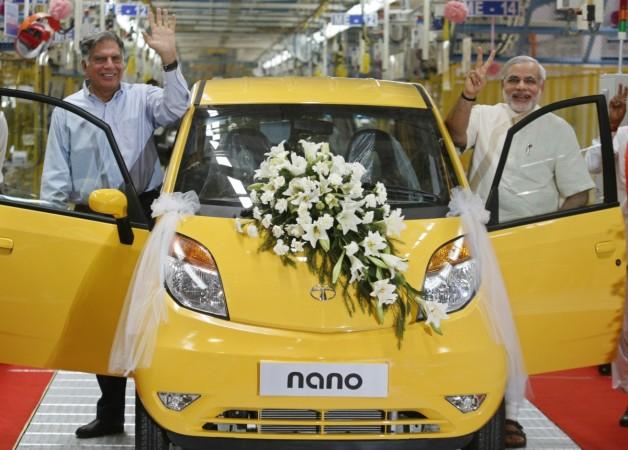
The Jayem Neo will be a product of both Jayem and Tata, and will be marketed by the former. Coming to the tech bit of the new electric car, the model, which will now be targeting the fleet market, will get a 48-Volt electric mill under the hood. The electric motor is expected to have a range of 200km on a full charge with an output of 23hp.
Mahindra KUV100 EV
Mahindra and Mahindra, India's homegrown UV-maker, has begun testing its electric version of smaller SUV, KUV100, on the Indian roads. KUV100 in its electric version is expected to be launched in India by 2019.
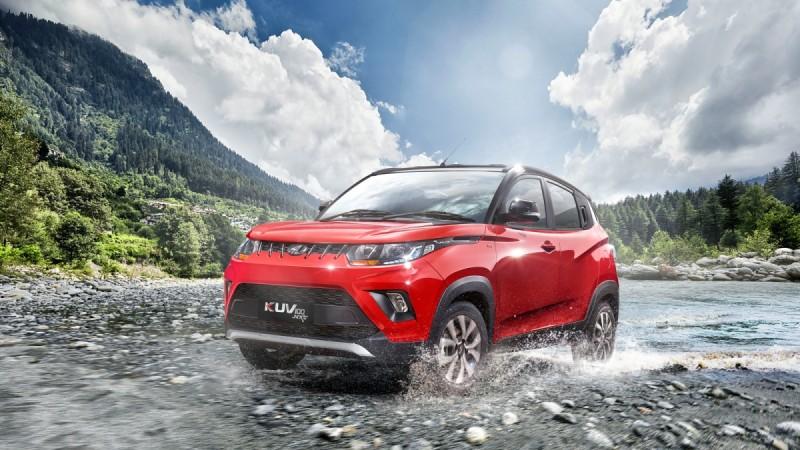
Mahindra, which is partnering with the existing and newcomers to the industry for the development of the electric models, will launch two electric models by 2019. Mahindra is also planning an investment of Rs 4,000 crore in next five years for the development of electric vehicles. The company has already invested close to Rs 500 crore in the business.
Mahindra Aero EV
Home-grown UV maker Mahindra and Mahindra had showcased XUV Aero concept at the Auto Expo earlier this year and had hinted later that the concept may make it into production if there is demand. The XUV Aero coupe SUV concept has been conceptualised and designed at Mahindra's Design studio in Mumbai, with inputs from Italian design firm Pininfarina and latest we hear is that the Aero will get electric powertrain under the hood.

The XUV Aero coupe, which was a head-turner at the Auto show, could be a premium offering of Mahindra in India.
Mean Metal Motors' M-Zero
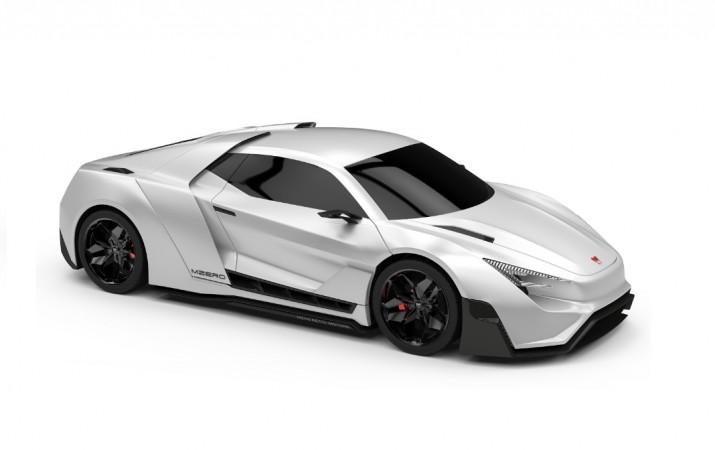
Mean Metal Motors (MMM), a venture of three Manipal students, is set to roll in what could be the first electric sports car in India. MMM has reportedly struck a deal with Tazzari Group based in Imola, Italy, which is well-known for all-electric vehicles. Reports claim that the model, M-Zero, will be out on the market by 2019.
The production model will draw power from a fully electric drivetrain capable of peak power of 493bhp. This will allow the car to go from 0 to 100 kmph in less than three seconds with a top whack in the area of 275kmph.
Nissan Leaf
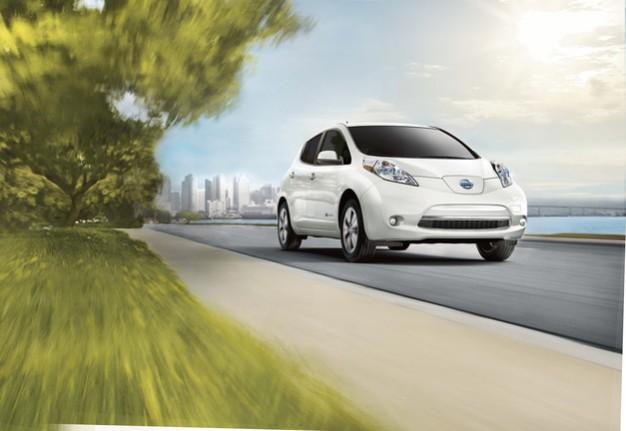
Emerging reports suggest the Japanese carmaker is mulling to bring Leaf electric car to India. Nissan is expected to unveil next-generation Leaf globally in September this year and it could also head to India.
The Leaf gets power from a lithium-ion battery-driven electric motor, which can generate 107bhp and has a range of 160km. It takes up to 8 hours to charge the battery and features regenerative braking system. While braking, the system will generate electricity which can be used to recharge the car's batteries.
Although the price tag of the Leaf at present does not look viable for a price sensitive market like India, Leaf could come to India by 2019 gauge the response from the market.
Nissan Note e-Power
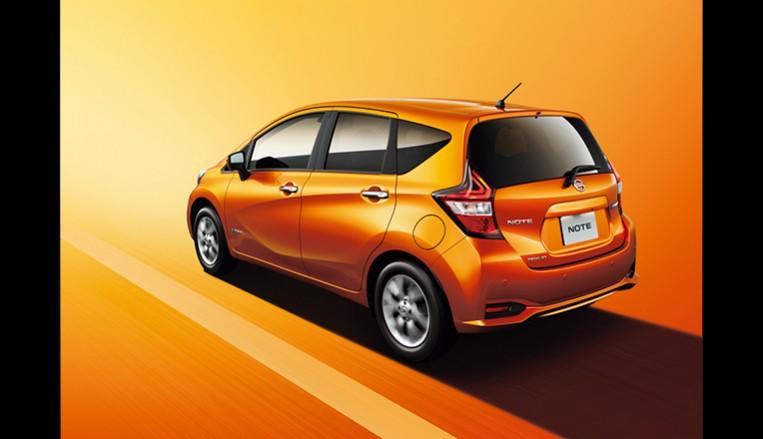
Nissan has not divulged any details about its plans on launching the electric cars in India. However, the company is seen testing the e-Power technology in the country. Rumours are rife that Nissan Note could be the test bed for the said technology in India.
The e-Power system features full electric-motor drive, meaning that the wheels are completely driven by the electric motor. The power comes from a gasoline engine, power generator, inverter, and a motor. The highlight of the system is that the gasoline engine charges the battery. And unlike a full EV, the power source originates from the engine and not just the battery.
Also read: Maruti Suzuki's first ever Electric Vehicle will plug in by 2020
BMW i3
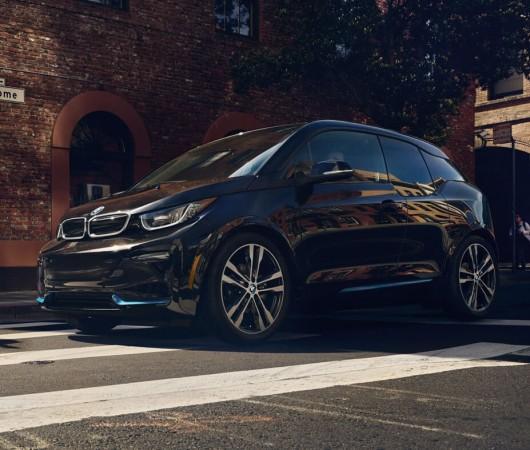
BMW is reportedly planning to launch its i3 electric car in India soon. While we are still not sure how soon, rumours are rife that the company could give us a hint about it at the upcoming Auto Expo 2018. BMW i3 gets 94Ah lithium-ion battery with a capacity of 33.2kWh. The battery claims to have maximum range of 234km to 253km on the new WLTP (Worldwide Harmonised Light Vehicle) test procedure cycle. The i3 and i3S models of BMW received facelifts in August last year.
Renault Kwid electric
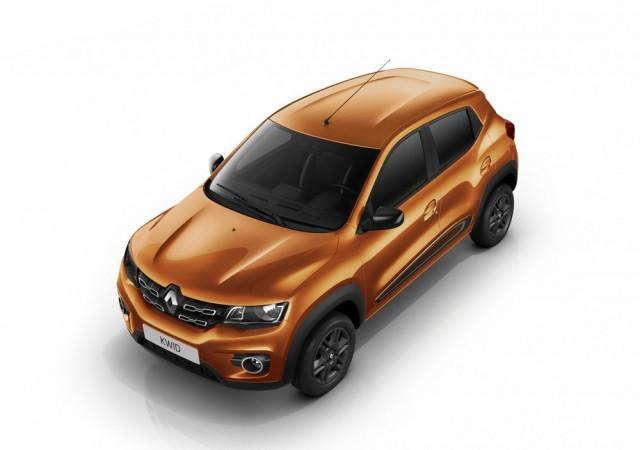
This is still in the initial stages of planning. It was reported recently that the French carmaker could enter the electric car market in India with the electric version of Kwid. Renault Kwid electric could be plugged in the country after its rollout in China.
Renault is reportedly planning to use a common platform for the Kwid electric and outsource production to a local carmaker to keep the price down to around 1.5 million yen (approximately Rs 8.47 lakh)-- half the cost of the all-electric Nissan Leaf hatchback in China. The Kwid electric is expected to be manufactured by an affiliate of Dongfeng Motor Group, Nissan's partner in a carmaking joint venture.

















![India Auto Roundup: Maruti Suzuki, Mahindra have exciting launches in November [details here]](https://data1.ibtimes.co.in/en/full/805520/india-auto-roundup-maruti-suzuki-mahindra-have-exciting-launches-november-details-here.jpg?w=220&h=135)